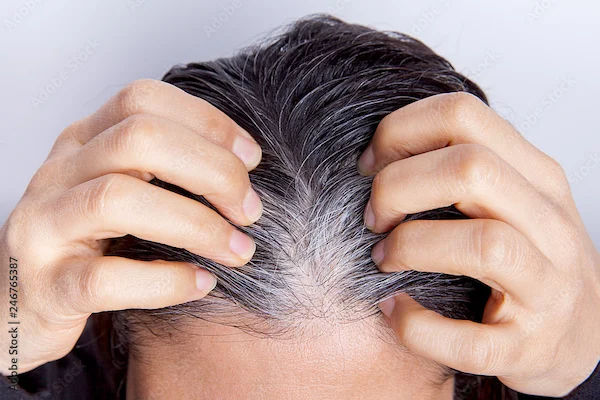- female
- 30 Years
- 14/08/2025
What's the deal with the u lipo program for weight loss does it actually work without surgery? I'm curious about how effective it is and if there are any side effects I should worry about

More Dermatology Health Queries
View allI recently had a minor accident and got some scratches on my feet where the skin peeled off. I went to the hospital to get it dressed and, a couple of days later, began using this Megaheal Ointment. But now I'm noticing that the ointment forms this layer over my wound, almost like gum. I'm curious and a bit concerned because the wound seems like it's still wet. Every time I apply more ointment, it keeps forming this thick layer. Should I be cleaning off the old layer before putting on new ointment, or is it okay to just keep adding it on top? I'm wondering if this layer is actually helping my wound to heal or if I should be doing something differently. I'm also a bit worried about the pain I might feel if I have to peel off that thick layer from the ointment. Am I doing the right thing for healing, or is there something I should change?
You're using Megaheal Ointment correctly, as it forms a protective barrier, promoting a moist environment for wound healing; to manage the thick layer, gently clean the wound with saline water or a mild soap solution before reapplying the ointment, rather than peeling off the layer, which can be painful and disrupt the healing process.
Answered by 1 Apollo Doctors
I'm trying to find an anti-fungal cream that isn't steroid-based. Do you have any suggestions? Also, how long does it usually take for the marks to fade completely?
Here are some non-steroidal anti-fungal cream suggestions: *Clotrimazole-based creams* 1. *Candid cream*: Effective against fungal infections, available over-the-counter (OTC). 2. *Canesten cream*: Contains clotrimazole, used to treat fungal skin infections. *Terbinafine-based creams* 1. *Lamisil cream*: Treats fungal infections, available OTC. 2. *Terbinex cream*: Contains terbinafine, used to treat fungal skin infections. *Duration for Fading Away Marks* The time it takes for marks to fade away depends on: 1. *Severity of the infection*: More severe infections may take longer to clear up. 2. *Effectiveness of the treatment*: Using the right anti-fungal cream and following the treatment regimen can impact the duration. 3. *Individual skin type and healing*: Skin type, age, and overall health can influence the healing process. Typically, with consistent treatment, you can expect: - *Mild infections*: 1-2 weeks for marks to fade away - *Moderate infections*: 2-4 weeks for marks to fade away - *Severe infections*: 4-6 weeks or more for marks to fade away
Answered by 1 Apollo Doctors
How often should I apply clotrimazole or ketoconazole cream for a ringworm infection on my hand? I'm worried about using it too much. Can you give me some advice?
Lulican cream is advised for local application for 2 weeks, local application once daily .
Answered by 1 Apollo Doctors
Disclaimer: Answers on Apollo 247 are not intended to replace your doctor advice. Always seek help of a professional doctor in case of an medical emergency or ailment.
.webp)


